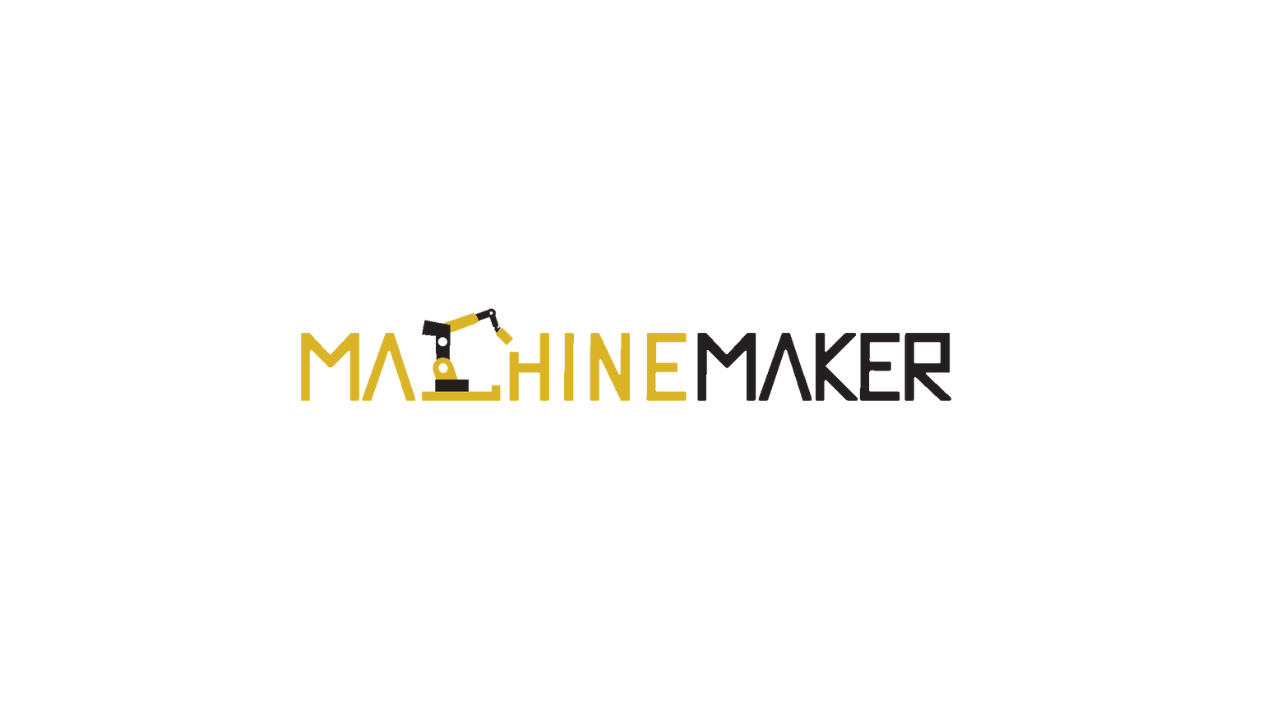ABB, in 2024, points out three key factors propelling the adoption of AI-driven robotics solutions, as ABB expands into previously untapped segments. The significance of artificial intelligence (AI) is set to be further emphasized in the upcoming year.
ABB Robotics & Discrete Automation stands out as a top-tier provider in robotics and machine automation globally. Its unique strength lies in offering a complete range of robots, Autonomous Mobile Robots, and machine automation solutions, all unified by its innovative software. ABB helps businesses across various industries, including automotive, electronics, and logistics, enhance their resilience, flexibility, and efficiency.
With a focus on connectivity and collaboration, ABB Robotics & Discrete Automation assists customers in transitioning to the factory of the future. The division employs around 11,000 individuals across more than 100 sites in approximately 53 countries. From mobile robots and collaborative robots (cobots) to unlocking novel robotic applications across various sectors and creating fresh avenues for skill enhancement and growth, AI’s evolving boundaries are reshaping the landscape of industrial robotics.
Advancements in AI are revolutionizing the capabilities of industrial robotics, expanding their capacities in gripping, picking, placing, and navigating complex environments. This technology is empowering robots with unprecedented speed, precision, and load-carrying capabilities, allowing them to handle a wider range of tasks in settings such as flexible factories, warehouses, logistics centers, and labs.
According to Marc Segura, President ABB Robotics Division, AI-driven mobile robots have the potential to revolutionize industries like discrete manufacturing, logistics, and laboratories. For instance, robots equipped with ABB’s new Visual Simultaneous Localization and Mapping (Visual SLAM) technology possess advanced mapping and navigation capabilities, enhancing their autonomy while reducing the infrastructure required by earlier guided robots.
This advancement facilitates a transition from traditional linear production lines to more dynamic networks, leading to significant efficiencies and enabling robots to tackle more monotonous, hazardous tasks, thereby freeing up human workers for more fulfilling roles. AI-enabled robotics are revolutionizing industries far beyond manufacturing.
In 2024, these technologies are poised to significantly enhance efficiency in more dynamic sectors like healthcare, life sciences, and retail. The construction industry is another beneficiary, where AI-powered robotics promise to boost productivity, improve safety, and promote sustainable practices while driving growth.
According to Segura, “The construction industry exemplifies how AI-powered robots can be transformative, offering tangible benefits by addressing key industry challenges like labor shortages, safety concerns, and stagnant productivity. AI’s enhanced recognition and decision-making capabilities, combined with advances in collaborative robots, enable their safe deployment alongside human workers.”
He added, “These robots can now perform critical tasks such as bricklaying, modular assembly, and 3D printing with greater precision and speed. Additionally, they contribute to sustainability efforts by reducing emissions, such as on-site concrete mixing, and minimizing the need to transport materials over long distances by enabling on-site assembly.”
The advancements in AI and robotics carry significant implications for training and education, bridging the automation skills gap and enhancing accessibility to robots for a broader audience. With AI simplifying programming through methods like lead-through and natural language, the focus in education can shift to how robots can better assist humans, rather than solely teaching programming skills.
This transition is expected to make robots more user-friendly and expand their reach, creating new employment opportunities and addressing labor and skills shortages. “The lack of individuals with the necessary skills to program and support robots has historically hindered the adoption of robotic automation, particularly among small to medium-sized manufacturing firms,”
Segura explained. “We will witness a gradual overcoming of this challenge as advancements in generative AI reduce automation barriers and broaden the educational scope beyond programming. Progress in natural language programming, enabled by AI, will introduce a new dynamic in human-robot interactions, allowing workers to verbally instruct robots in their tasks.”
The ongoing evolution of AI-driven robotics represents the newest phase in ABB’s five-decade journey of robotic advancement, which commenced in 1974 with the introduction of the IRB 6, the world’s inaugural commercial all-electric robot. ABB is at the forefront of introducing innovative approaches to enhance customers’ productivity, efficiency, and sustainability through robotic automation. ABB will be commemorating 50 years of pioneering robotic innovation throughout 2024.







